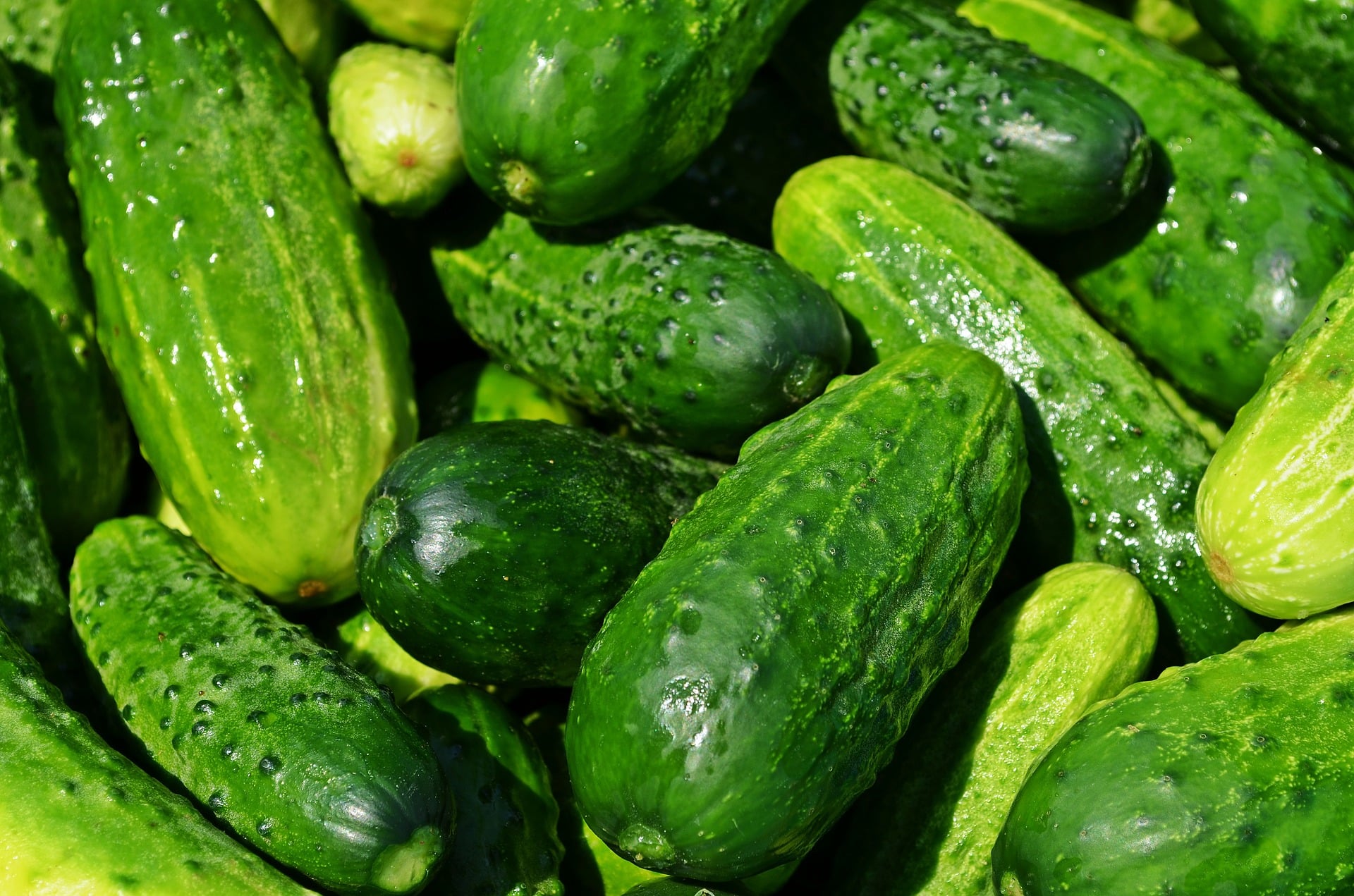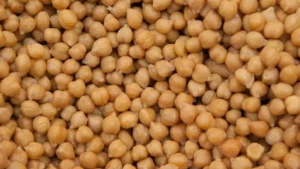Researchers at Martin Luther University Halle-Wittenberg (MLU) have developed new RNA-based active agents that effectively protect plants from Cucumber mosaic virus (CMV), one of the most widespread and destructive viruses in agriculture and horticulture. These agents work by enhancing the plant’s immune system using a series of RNA molecules with broad-spectrum antiviral effects.
Laboratory tests showed that 80 – 100% of treated plants survived even when exposed to high viral loads, as reported in Nucleic Acids Research, where the study was recognized as a “breakthrough article.” The research team is now focused on translating these findings from the lab to practical applications.
CMV is particularly damaging to crops, spreading through nearly 90 species of aphids and affecting over 1,200 plant species, including essential agricultural crops like squash, cucumbers, cereals, and medicinal plants. Infected plants exhibit a characteristic mosaic pattern on their leaves, suffer stunted growth, and produce unsellable fruits. Until now, no approved treatments have existed for CMV. However, the MLU researchers’ work could provide a long-term solution by directing the plant’s natural defenses to combat the virus more effectively, according to a press release.
When a virus infects a plant, it hijacks the plant’s cells, using its own RNA to replicate. In response, the plant’s immune system detects these foreign RNA molecules and activates a defense mechanism. Special enzymes cut the viral RNA into smaller fragments, producing small interfering RNAs (siRNAs). These siRNAs spread through the plant, guiding protein complexes to the viral RNA, where they initiate the breakdown of the harmful genetic material into harmless, degradable fragments. This targeted response helps neutralize the virus and protect the plant from further infection.
RNA-Based Agents Provide Strong Protection Against Cucumber Mosaic Virus
Researchers at Martin Luther University Halle-Wittenberg (MLU) have developed highly effective RNA-based active agents to combat Cucumber mosaic virus (CMV), a widespread and devastating plant virus. Their study, published in Nucleic Acids Research, was recognized as a “breakthrough article” — a distinction given to only 2-3% of published papers each year.
CMV spreads through nearly 90 species of aphids and affects over 1,200 plant species, including key agricultural crops like squash, cucumbers, and cereals. Infected plants display a distinctive mosaic pattern on their leaves, suffer stunted growth, and produce unsellable fruits. Currently, no approved treatment exists for CMV, but MLU researchers have devised a promising long-term solution by harnessing the plant’s natural immune response.
Precision Targeting with Efficient siRNAs
Viruses like CMV hijack plant cells to replicate using viral RNA. The plant’s immune system responds by cutting the viral RNA into small interfering RNAs (siRNAs), which then guide protein complexes to degrade the virus. However, this natural defense is often weak.
“In general, this defence process is not very effective. A viral infection produces many different siRNA molecules, but only a few have a protective effect,” says Professor Sven-Erik Behrens from MLU’s Institute of Biochemistry and Biotechnology.
To enhance this response, Behrens’ team developed a method to identify the most effective siRNA molecules. They then combined these into efficient double-stranded RNA molecules (edsRNAs) — specialized RNA “packages” that break down into protective siRNAs once inside plant cells. This approach delivers a high concentration of effective siRNAs precisely where they are needed.
Strong Protection in Laboratory Trials
The team tested their edsRNA-based agents on the model plant Nicotiana benthamiana, exposing it to extremely high viral loads. “The plants in our experiments were infected with a very high viral load: all of our untreated plants died,” Behrens explains. In contrast, 80 – 100% of treated plants survived.
One key advantage of edsRNA agents is their ability to counteract viral mutations. “RNA viruses such as the Cucumber mosaic virus are dangerous because they can evolve rapidly. In addition, the genetic material of this virus is made up of three separate parts, which can get mixed up, further increasing the chance of new mutations. To achieve maximum protection against the virus, our active ingredients target different parts of the genome,” says Behrens.
To keep pace with viral evolution, the team has also optimized their siRNA screening process. They can now adapt the active agent to target new CMV variants within just two to four weeks. “Time is an important factor: when a new virus variant emerges, we can very quickly modify the active agent accordingly,” Behrens adds. The same method could potentially be applied to other plant viruses and pests.
Towards Real-World Application
So far, the substances have been manually applied in the lab — either by injection or by rubbing them onto leaves. To make the treatment more practical for large-scale agriculture, the team is collaborating with Professor Karsten Mäder, an expert in drug delivery, to develop a sprayable formulation. Field trials are also being planned to test the approach under real farming conditions.
In parallel, the researchers are in discussions with industry partners for potential large-scale production. However, any new crop protection product must undergo a regulatory approval process before reaching the market.
“However, we are convinced that our approach is feasible. The first crop protection product with an RNA-based active ingredient was recently approved in the USA,” says Behrens.
Given the urgent need for CMV control, this breakthrough could mark a major step forward in protecting global crops from viral threats.
The work was funded by the German Research Foundation (DFG), the Federal Ministry of Education and Research (BMBF) and the state of Saxony-Anhalt.













